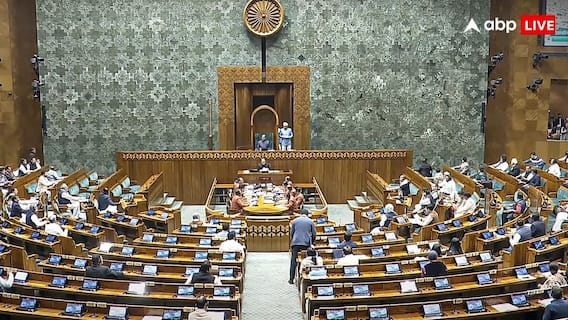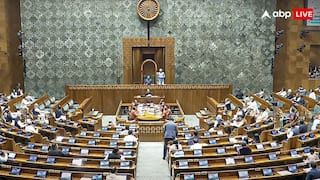Supreme Court Reserves Judgment On Minority Status Of Aligarh Muslim University
Supreme Court reserved judgment on the minority status of Aligarh Muslim University after 8 days of hearings.

Supreme Court on Thursday reserved judgment on the minority status of Aligarh Muslim University after 8 days of hearings. The Court will decide if Aligarh Muslim University enjoys a minority status under Article 30 of the Constitution of India.
After eight days of wide-ranging arguments, a seven-judge bench in the Supreme Court reserved its judgment in a clutch of petitions demanding minority status for the AMU.
The top court heard the arguements in the case for eight days. The seven judge constitutional bench was examining the validity of the 1967 verdict (Azeez Basha judgment) by a five-judge Supreme Court bench that took away the minority status of AMU and Allahabad High Court Judgement that scrapped 1981 amendments by Parliament.
In 1967, the apex court scrapped AMU's minority status stating that it was neither established nor administered by Muslim minority.
Article 30(1) of the Constitution gives linguistic and religious minorities a fundamental right to establish and administer educational institutions of their choice. These rights are protected by a prohibition against their violation under Article 13.
In 1981, a divisional bench of the top court questioned the validity of the Azeez Basha judgment that scraped AMU's minority status and referred the matter to a seven-judge bench. The matter had been pending for nearly 43 years.
In 1981 amendments were apparently made to the AMU Act by the Parliament to overide the the Azeez Basha judgement that declared that AMU was neither established nor administered by Muslims and could not enjoy protection for minorities to administer educational institutions under Article 30(1) of the Constitution.
In 2006, the Allahabad High Court scrapped these amendments.
Following this, the AMU and the then United Progressive Alliance (UPA) government at Centre challenged it before the Supreme Court.
In 2016, the Centre reversed its stance under the National Democratic Alliance (NDA) government and sought to withdraw the its appeal, maintaining that AMU is not a minority institution and that the Basha judgment was correct.
While hearing the Senior Advocate Rajeev Dhavan who appeared for AMU, the CJI on Friday made an important observation and said that the 1981 amendment by the Centre did not entirely restore the previous position. They made a few concessions but did not go back completely, the CJI remarked.
ALSO READ | Delhi HC Refuses to Stay ED Summons To AAP MLA Amanatullah Khan In Delhi Waqf Board Case
Earlier, the CJI led seven judge bench on Thursday cautioned the Centre over its eagerness to question the 1981 amendment by Parliement saying that the court will be averse to interpreting the law in a manner that may substantially cripple the power of the law making body.
The Centre in its written submission had told the apex court that AMU cannot be a minority institution due to its "national character".
While hearing the petitioners, CJI DY Chandrachud had reamarked that just because an institution is being regulated by a Central statute that does not deprive it of minority status.
Trending News
Top Headlines






































